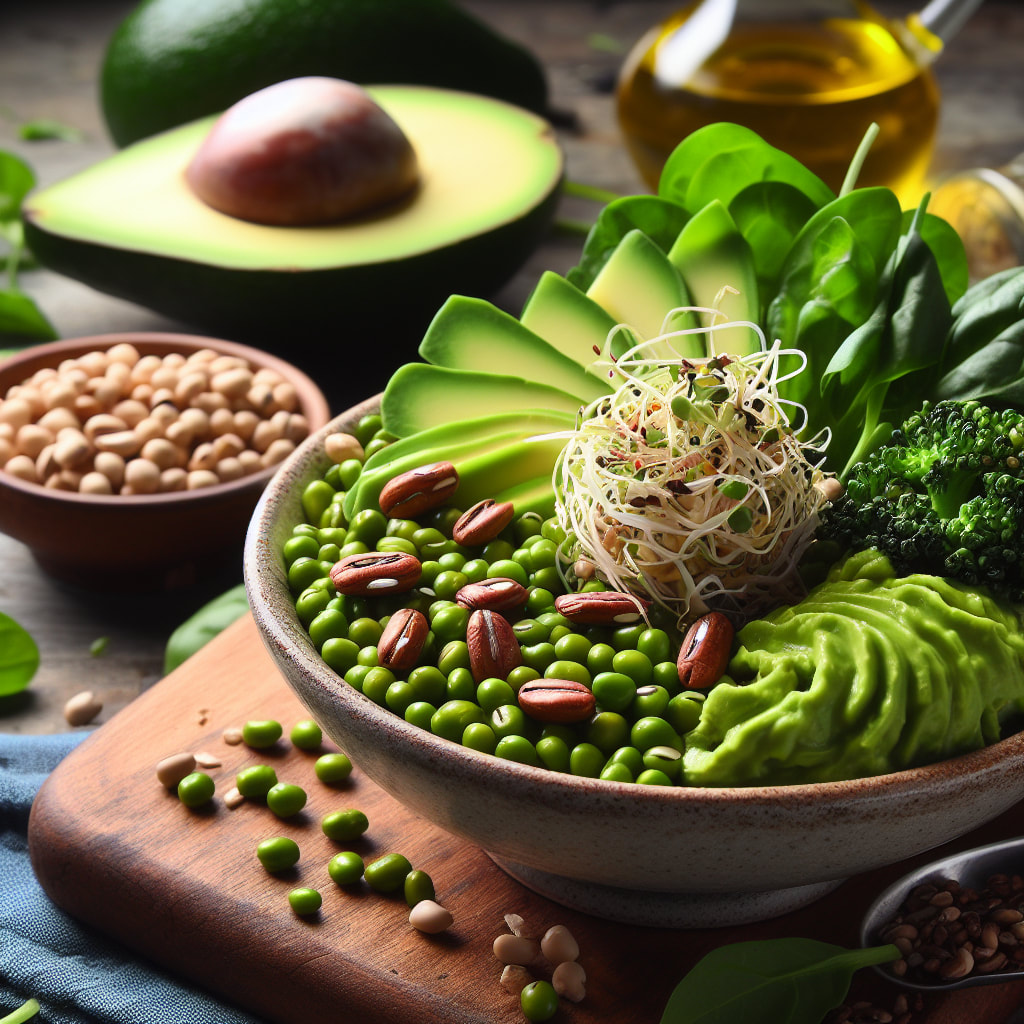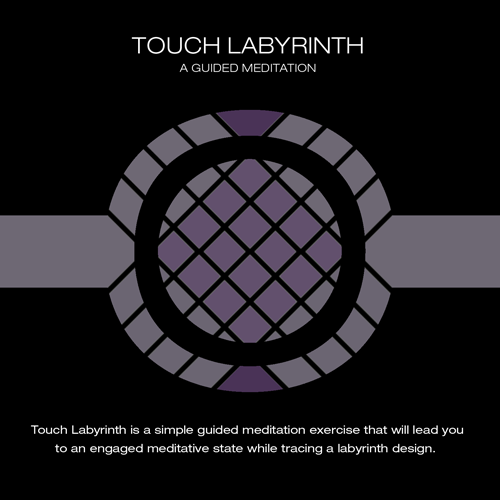|
Beyond Weight Loss - The Mental Health Benefits of Healthy Eating
Often, discussions around healthy eating focus predominantly on weight loss and physical appearance. However, the impact of nutrition on mental health is a crucial aspect that frequently goes unnoticed. The brain, a complex and essential organ, thrives not just on physical activity but also significantly on the quality of our diet. While practices like meditation, journaling, and therapy are valuable for mental well-being, the pivotal role of our nutritional choices is less emphasized. A balanced diet, rich in nutrients, is fundamental for maintaining brain health, influencing everything from mood regulation to cognitive abilities. In today's world, where processed foods high in sugars and refined carbohydrates are prevalent, it's more important than ever to understand how the right food choices can support not only our physical health but also our mental well-being. The Detrimental Effects of Processed Foods Our society's reliance on processed foods poses a significant health risk. These foods are typically high in refined flours and sugars, which not only deprive us of essential nutrients but also condition our brains to crave more unhealthy options. Consuming these foods stimulates the dopamine centers in our brains, associated with pleasure and reward, fostering addictive eating habits. To reverse these cravings and improve mental health, it is crucial to eliminate added sugars and refined carbohydrates from our diet, which can transform our brain's physiology and promote healthier eating habits. Super Food #1: Greens - A Brain's Best Friend -The Power of Kale, Spinach, and Collard Greens Greens like kale, spinach, and collard greens are nutritional powerhouses, essential for brain health. Packed with vitamins, minerals, and antioxidants, these greens protect the brain and boost cognitive functions. They are particularly rich in folate and other B vitamins, essential for mood regulation and preventing age-related cognitive decline. Regular consumption of these leafy greens can significantly improve focus, memory, and overall mental clarity. Tip - Fully cooked microwaveable sachets of saag paneer (spinach with Indian cottage cheese) cost about $2-3. I always have a few packets of them handy to eat with my omelettes or flax-seed keto flat bread with hummus and jalapenos. If you like cooking your spinach or kale curry, try this recipe - I always recommend that you grind the stir fried spinach or kale after you stir-fry it with spices. You can google for recipes "Spinach Curry, food processor" https://thestingyvegan.com/spinach-curry/ Super Food #2: Soy Protein - A Mental Health Booster Benefits of Texturized Soy Protein Texturized soy protein, a high-quality vegetable protein, is incredibly beneficial for both physical and mental health. Rich in essential amino acids, magnesium, and lecithin, soy supports cognitive processes and nerve function. Regular intake of soy protein can assist in mood regulation and bolster overall brain health, making it an excellent addition to a brain-healthy diet. Tofu is available in most grocery stores; Tempeh is a fermented, high-protein, plant-based food typically made with soybeans, but just about any bean, grain, and even some seeds can be made into tempeh. It is available in Indonesian grocery stores, though I have been finding it in many regular grocery stores under Organic section. Tips: TVP (Texturized Vegetable Protein) chunks and granules are available in most health store. I like buying Nutrela Soy Chunks from the local Indian grocery stores. Google for TVP or Soy Chunks delicious recipes - here is one website I like https://fitmealideas.com/veggie-chunks-tvp-curry Note: One of my friends pointed out that Soy Chunks (TVP) are processed food. It is inexpensive and rich in protein. I often eat tempeh and tofu - less processed foods instead of TVP. Key is moderation! Super Food #3: Beans and Lentils - The Cognitive Enhancers The Nutritional Value of Sprouted Mung Beans Beans and lentils, especially sprouted ones like mung beans, are excellent sources of nutrition. They are packed with vitamins, minerals, protein, and fiber, which are essential for stabilizing blood sugar levels, maintaining consistent energy and mood, and enhancing cognitive abilities. These legumes also provide substantial amounts of iron and magnesium, vital for brain function and neurotransmitter synthesis. Integrating sprouted beans and lentils into your diet can significantly improve cognitive functions and protect against age-related mental decline. Tips - sprouted mung beans are available in most grocery stories - including Asian stores. They can be sprinked on your salad or soup as a crunchy add on. I like pancakes made out of sprouted moong beans. Google for recipes using the keyword "Moong Bean pancakes". Variations of this delicious bread can be found in South India, Korea, Indonesia and other Asian countries. I liked this youtube video - Korean mung bean pancakes (also known as kimchi nokdujeon or bindaetteok), are a staple Korean side dish, and they’re super easy to make! Once you blend the mung beans, add the green onions and kimchi. Then, a few minutes on the frying pan will result in perfectly crisp, savory pancakes. https://www.youtube.com/watch?v=GC390ork2BM The Role of Meats and Fish in Brain Health In addition to these superfoods, meats and fish such as salmon and choice steaks play a vital role in a brain-healthy diet. These foods provide essential nutrients like omega-3 fatty acids, proteins, and minerals that are crucial for brain function. Salmon, for instance, is renowned for its high omega-3 content, which is known to improve mood and cognitive function. Quality meats contribute vital nutrients such as iron and vitamin B12, which are important for nerve health and mental clarity. Importance of Moderation and Variety It is crucial to consume meats and fish in moderation as part of a balanced diet that includes a variety of foods. This approach ensures that the brain receives all the necessary nutrients it requires. Fresh vegetables and fruits should form the cornerstone of a brain-healthy diet. These natural sources of vitamins, minerals, antioxidants, and fibers are indispensable for optimal brain function. They help reduce inflammation, protect the brain from oxidative stress, and provide the necessary nutrients for mental wellness. Creating a Balanced Diet for Mental Well-Being Adopting a diet rich in superfoods such as greens, soy protein, and sprouted beans and lentils, complemented by moderate consumption of lean meats and fatty fish like salmon, can significantly enhance mental health. This balanced nutritional approach is not just about physical health; it's about nurturing your mind. A diverse diet ensures that your brain gets a comprehensive range of nutrients, each playing a unique role in maintaining cognitive health and emotional balance. The path to a healthy mind involves a variety of nutrients, all contributing to your cognitive health and emotional stability. By focusing on fresh, whole foods and reducing reliance on processed foods, you can effectively nourish your brain and foster long-term mental and physical well-being. Please share your comments and suggestions below.
2 Comments
Rebecca Kern
12/30/2023 12:25:12 pm
The above is excellent information. I find that the hardest part is retraining the brain to eat this way regularly. A lot of us are constantly running about and do a grocery trip in one sweep twice a month, which may leave out some increments needed. Having recipes available is great so we know what to purchase next time at the store. Keeping with this and any practice takes so much … practice! Haha. Happy new year and here’s to better health!
Reply
Geetha
12/30/2023 04:17:54 pm
Excellent information . Easy to read and understand.
Reply
Your comment will be posted after it is approved.
Leave a Reply. |
a guided finger meditationEngage your senses with soothing music, guided imagery and a labyrinth tracing activity which leverages the power of touch. Click the album cover to learn more. Categories
All
|


 RSS Feed
RSS Feed